In 1988 Prof. Randall L. Barbour & Prof. Ray Aronson, the founders of NIRx, introduced the concept of tomographic imaging (i.e., multi-distance spectroscopic measurements) in dense scattered media based on diffusely scattered light. This approach has since been widely adapted and has served to launch the modern day field of fNIRS tomography.
NIRx fNIRS Technology & Service Overview:
Whole-head: lab-based and portable/mobile fNIRS systems
Truly wireless: wearable fNIRS systems
Multi-modal compatibly: EEG, fMRI, TMS, eye-tracking, MEG, etc.
Neurofeedback/BCI: export and analyze raw, unfiltered data for real-time subject feedback
High-quality data: even on subjects with thick dark hair, by using superior light source technology
Versatility: multiple extensions to meet the needs of a wide variety of labs (e.g., cap sizes to fit all ages, etc.)
Upgradability: expand your NIRx system to enhance your ongoing research capabilities
Reliability: NIRx end-users receive lifetime technical support from our global team of experienced fNIRS researchers and engineers, and exclusive access to our extensive online support center and technical webinars
Through our offices in Berlin and Orlando, our engineers and grant-funded investigators provide life science research teams comprehensive technology solutions for the most demanding investigative applications.
Latest news
Explore Optical Neuroimaging
NIRx was founded by functional near-infrared spectroscopy (fNIRS) researchers. We continue to focus 100% of our efforts to advancing and promoting this innovative and promising research tool.
NIRx believes in the importance of constantly contributing new information to the fNIRS community. We are always adding to our downloadable material and hope you will learn something!
NIRx hosts regular webinars to cover critical end-user questions on the latest advancements in near-infrared spectroscopy. Customers and special guests are welcome to join!
Explore our broad array of resources that cover principles of fNIRS as well as specific applications and questions you may have.
Our comfortable NIRScap comes in sizes to fit any subject, and accommodates our many application-specific specialized probe styles, which have been engineered to maximize data quality and subject comfort.
NIRx offers some of the highest-density, most versatile lab-based fNIRS system available, with multi-modal compatibility, real-time processing (BCI/Neurofeedback) capabilities, and an easy-to-use software interface.
fNIRS Videos using NIRx Systems
Learn about our ultra-light, freely configurable and battery operated fNIRS system that provides a truly wearable neuroimaging solution.
NIRS Hyperscanning on Musicians
One of the key advantages of NIRS imaging is the ability to measure more than one participant at a time in a dynamic environment. Furthermore, subjects can be moving quite a lot, so long as your NIRS setup has been done properly. NIRx systems use a variety of components to minimize motion artifact and ensure top signal quality.
fNIRS-based BCI for Robot Control
This video shows real-time control of a simple robot using just the brain: the NIRx NIRS system and an EEG system is used to record the brain's signal, which is then analyzed in real-time to determine the direction to send the robot.
Overview of NIRx fNIRS Imaging Systems
Take a moment to see some of the basics on NIRx's fNIRS imaging platform. Still have questions? Reach out to our team to learn more today: contact us.
Spring-Loaded Grommet Setup
It is highly-desirable to have a fast subject setup in any neuroimaging application. NIRx NIRS systems use spring-loaded grommets to allow measurements even from hairier parts of the head on the most difficult, dark-haired participants.

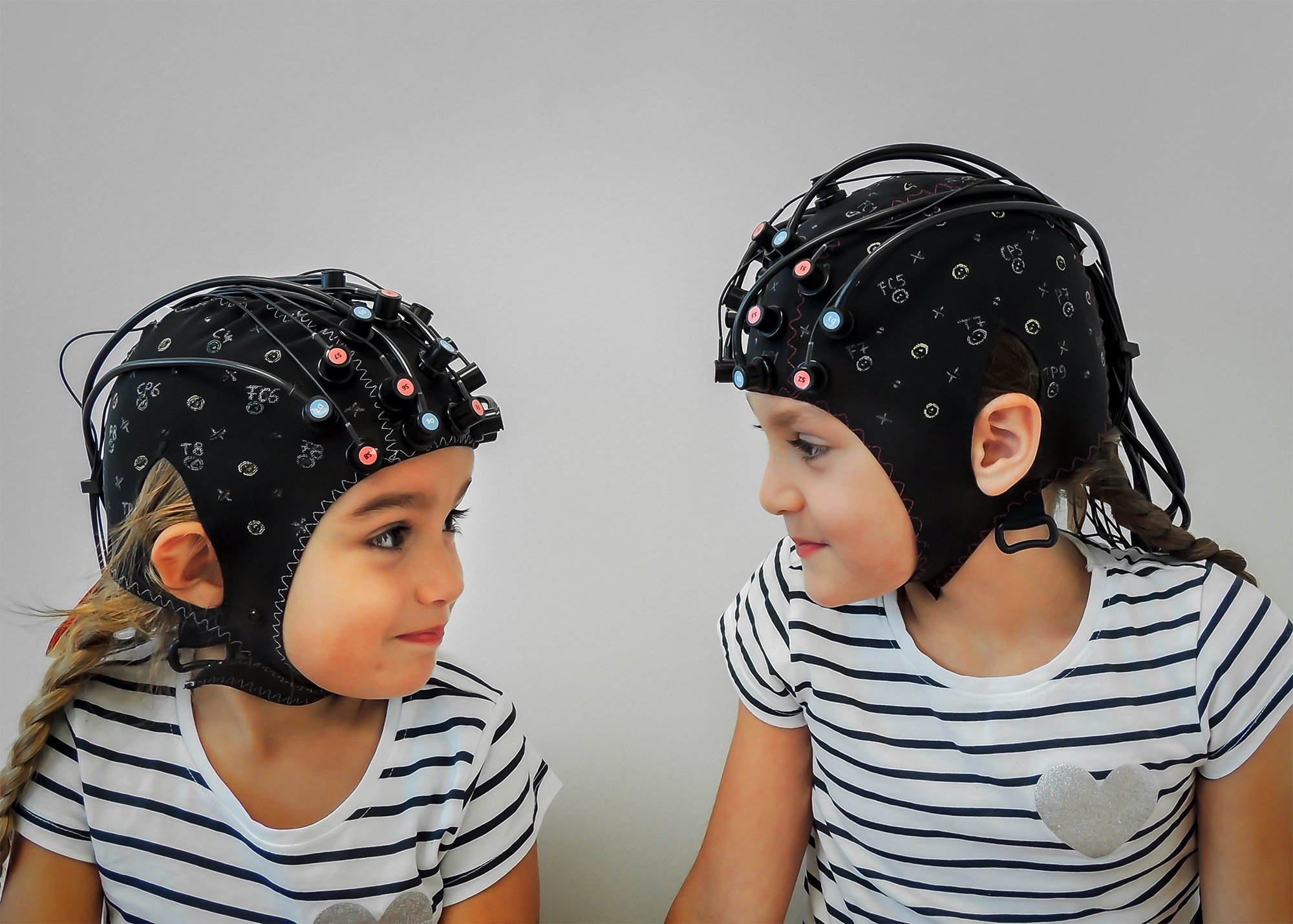



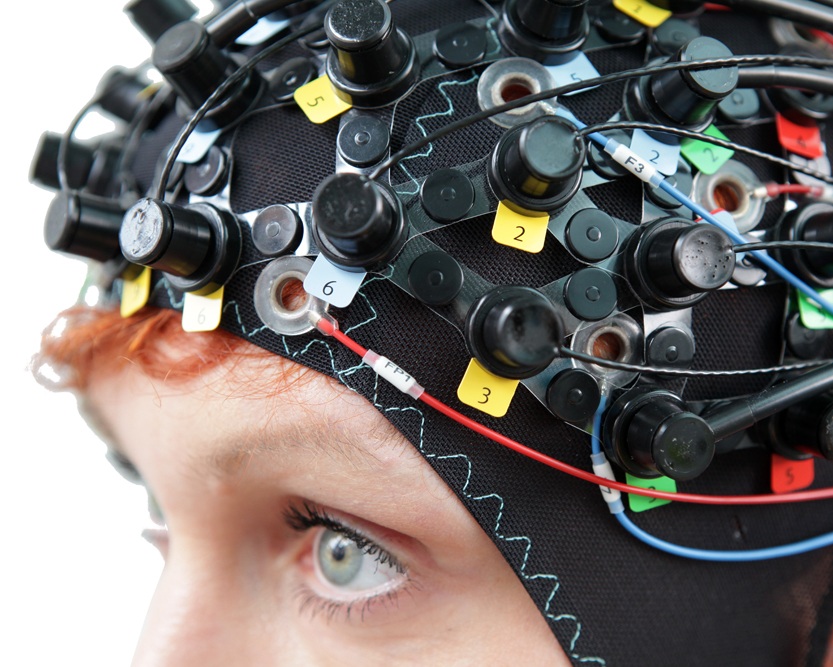



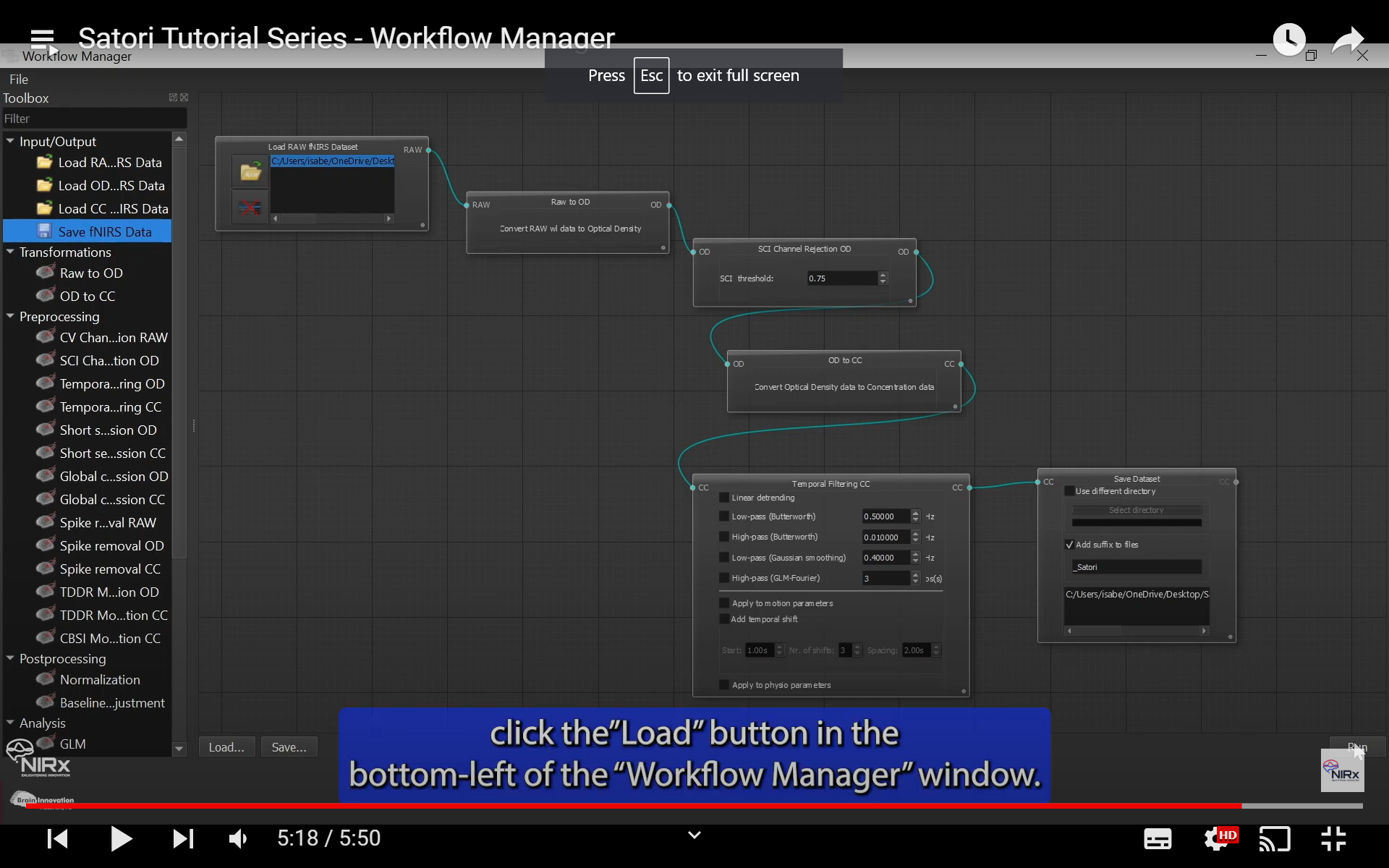

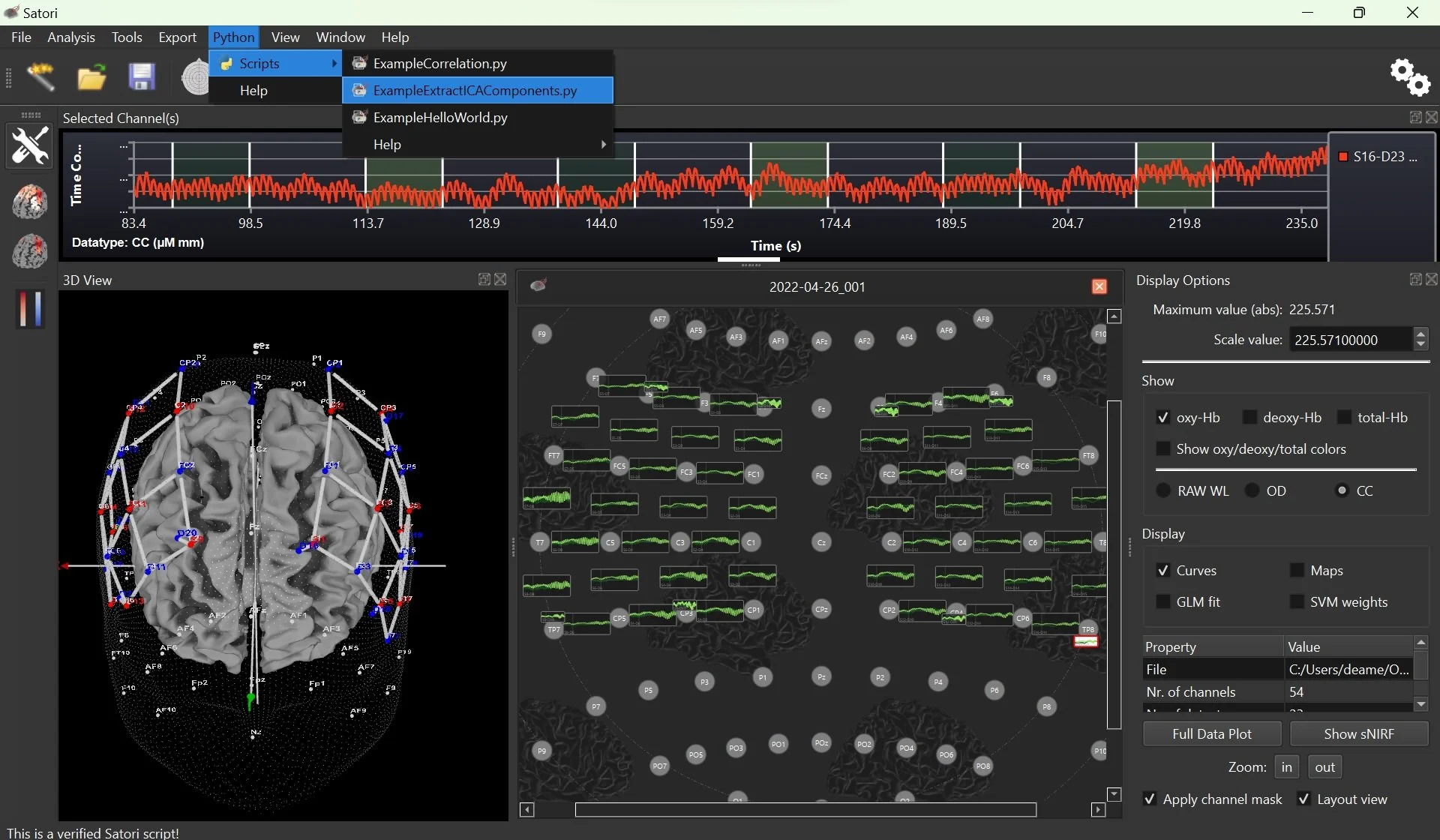










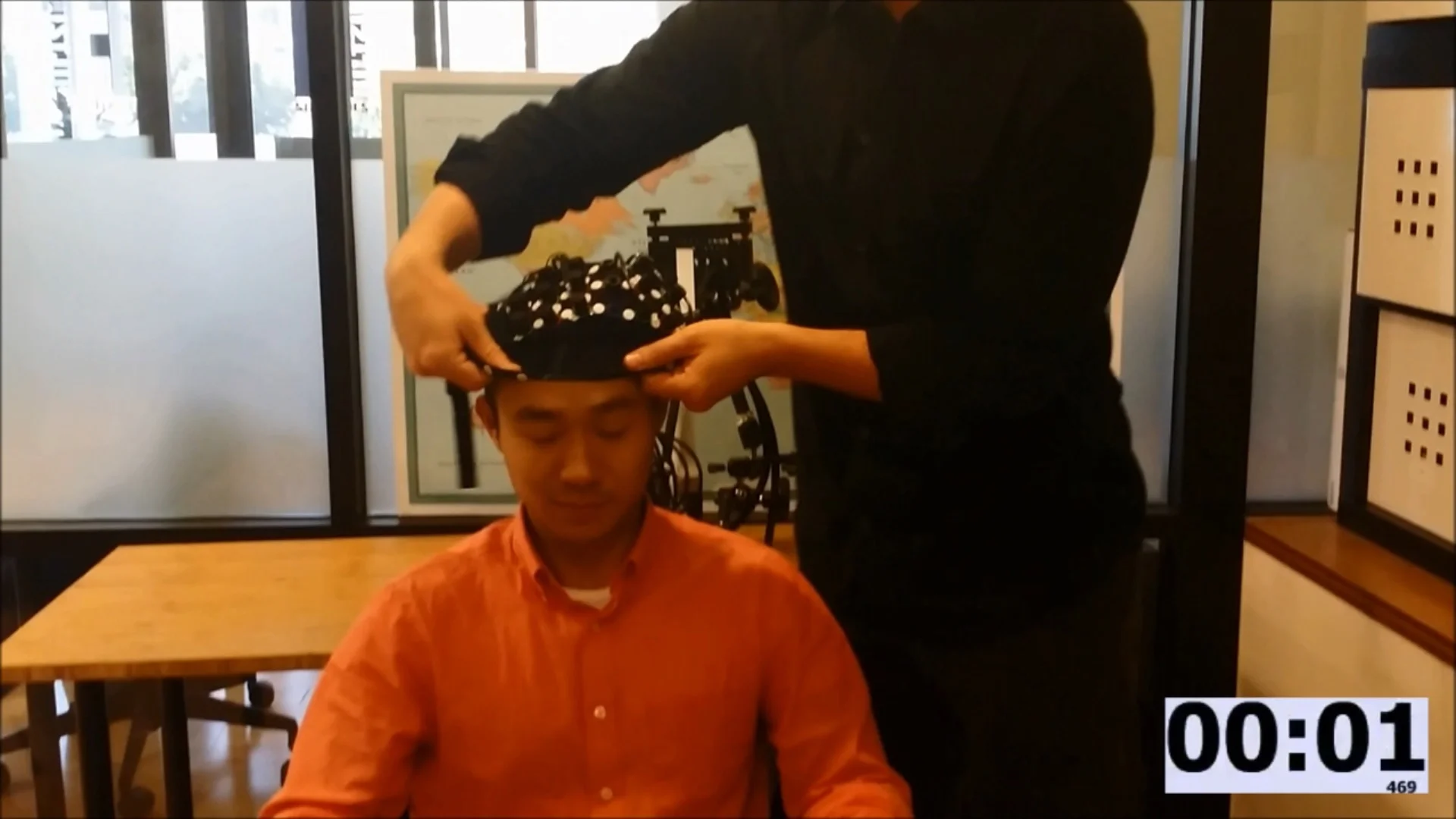

NIRx and Artinis join forces to accelerate innovation in brain imaging